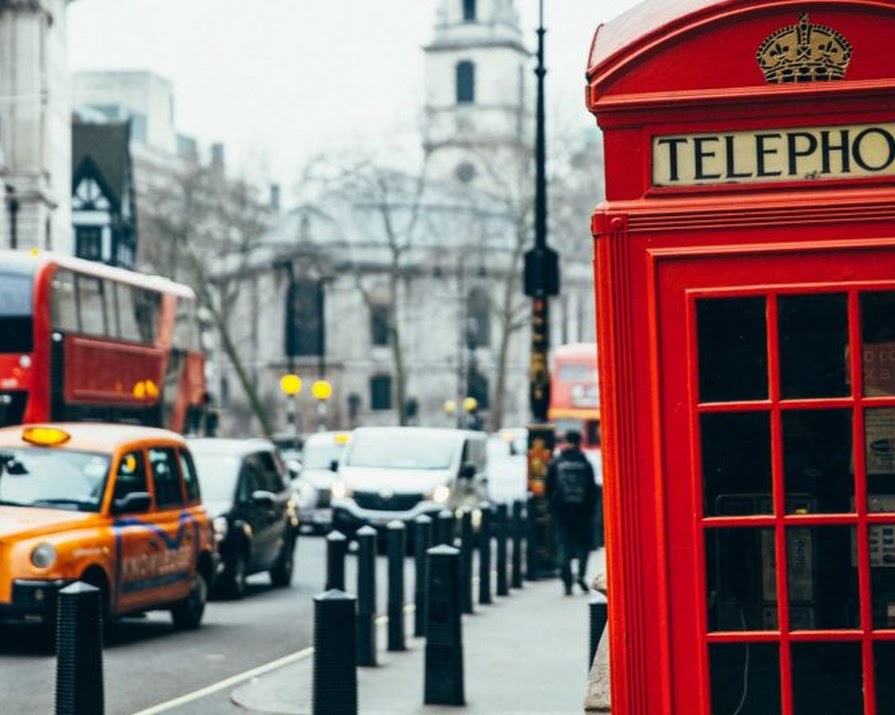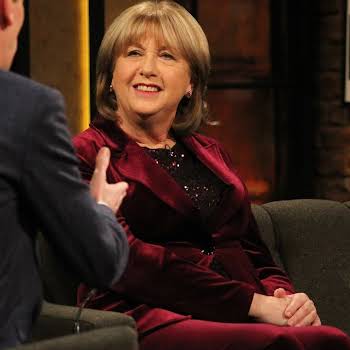
By Jennifer McShane
17th Oct 2019
17th Oct 2019
After over 1,000 days of constant negotiation, the impossible has happened: An agreement has been reached between EU and UK negotiators. It must now be passed through the House of Commons, and if this happens, it does mean that the UK can leave the EU in an orderly manner. But what exactly is in the deal and what does it mean for the Irish backstop?
What exactly is in the new deal?
The EU and the UK have published two documents – a revised legally-binding Withdrawal Agreement and a “political declaration” of future intent. From an Irish perspective, the deal done in Brussels today removes the threat of a border on the island of Ireland.
The new deal sees Northern Ireland remaining in the UK customs union after Brexit. However, the North will also be subject to EU oversight and customs regulations, and the European Court of Justice. This creates a regulatory border along the Irish Sea and succeeds in avoiding a land border.
So, will there be a hard border in the North of Ireland?
No, but it’s more complex than Teresa May’s proposed deal. Essentially, the backstop has been removed as the North remains in the UK customs union but for operational purposes, it is also in the EU customs union. What’s important to note is that it does not provide the same assurances as the original Irish border backstop as the new arrangement is time-limited and can be exited depending on the outcome of a vote in the Northern Ireland Assembly.
Today’s #Brexit deal delivers on all of #Ireland’s objectives. The deal has now been unanimously endorsed by the European Council. Next, it goes to Westminster. pic.twitter.com/DwntFjJqSh
— Leo Varadkar (@LeoVaradkar) October 17, 2019
The new deal will see Stormont given a consent mechanism on the new customs arrangement agreed between the EU and UK. Northern Ireland would apply the new customs and regulatory systems for four years after which Stormont will vote on the new regime. If Stormont vote in favour of leaving the new customs arrangement, then a two-year cooling-off period is initiated. During this time, all sides would work to find a way to comply with the Good Friday Agreement and avoid a hard border.
What about VAT?
Under the deal, EU law will apply on VAT and excise in Northern Ireland and that the UK will be responsible for collecting VAT and excise duties. It is provided that the UK can apply for certain exemptions on goods moving across the island by way of derogations.
Anything else?
Under the deal, the UK would collect tariffs for the EU on goods heading into Northern Ireland. If EU tariffs on goods coming into Northern Ireland from Britain are higher than UK tariffs, businesses will be able to apply for rebate. If the UK agreed trade deals with other countries after leaving the EU, Northern Ireland businesses would be able to offset the tariff differences in their claimed refunds to benefit from those future trade deals.
Is the deal good for Ireland?
Essentially, no form of Brexit is good for Ireland, but avoiding a border on the island of Ireland is certainly better than crashing out with no deal at all.
What next?
As the deal was agreed by EU leaders, the UK’s House of Commons will vote on the agreement on Saturday afternoon. However, Boris Johnson has a lot of work to do before it’s passed; he must convince the DUP (currently wholly against the deal) and some Labour Party rebels to back it. It isn’t over yet, but if it doesn’t pass, by law, Johnson as Prime Minister must seek an extension if a deal is not ratified by Saturday night.
Brexit hangs on a knife-edge. We can do nothing but wait with bated breath to see what happens next.
Main image: Unsplash























